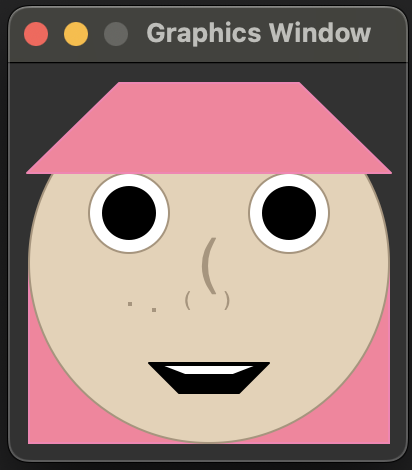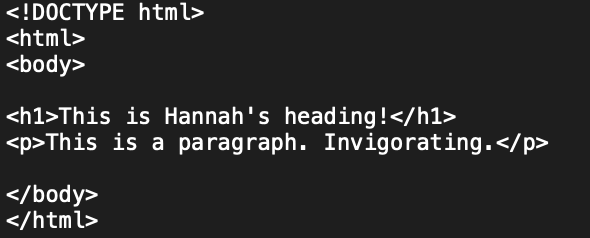My Experience with Coding
As a Computer Science major at Carleton College, I am lucky to experience an education path that provides me with the tools to enter the professional world as a skilled coder and enrich myself with a liberal arts education that exposes me to a variety disciplines outside of my major. That being said, my decision to explore new topics was entirely my own, not necessarily required for my major outside of general graduation requirements. Recently, I have been pondering whether computer science classes should be integrated into a humanities focused student’s education path. Additionally, I have been debating if programming should be a required, or heavily recommended skill, for humanities students to tackle.

From my own personal experience with learning to code, my Introduction to Computer Science class had me hooked on programming after the first few weeks. We were given free rein to complete tasks creatively, with no actual set of requirements outside of the end goal. Whether creating a program to cipher plaintext or generating legal scrabble words from a set of letters, I found the freedom to solve problems through coding to be liberating and reinforce my creativity.
Pictured left is a snippet of code from one of my first coding projects, which drew a face.

The idea of promoting computer science classes to all humanities majors is undoubtedly appealing, as it would result in many generally computer literate students entering the world with programming experience to aid them with future endeavors in this technological age. However, the requirement of students to learn to code specifically feels counterproductive and demanding, as many humanities students are highly talented in other areas that may not include coding. I would counter this sentiment by clarifying that a requirement to code would be ridiculous, but strong encouragement and direction may result in a movement of humanities students capable of expressing their creativity through new mediums that include graphical interfaces accessible with a general understanding of coding practices.
Pictured right is the resulting face from the entirety of my early Python code.
Learning New Tools
I decided to endeavor in solidifying and growing my basic knowledge of HTML, CSS, and JavaScript through the use of HTMLDog to establish a strong foundation for future website-design projects I may participate in. As someone with a general understanding of computer syntax, I found that these three languages could be intuitive and mainly required learning the overall structure that they follow. By the end of the classes, I had several drafted-experimental websites to practice working with the new syntax and direct to my results for future reference.

1 thought on “Coding within the Digital Humanities”
Comments are closed.
I feel the same way about humanities students. I had a problem with the way the question is phrased because it indicates that coding should be a requirement for these students. Making it a requirement will deviate students from the core teachings of the humanities. Although it should be encouraged, humanities students have to know that there are plenty of mediums to distribute their products to the public that has nothing to do with coding.